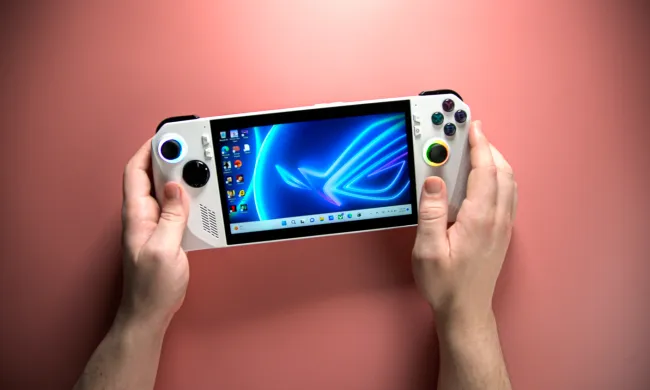
Although neither company has revealed the specific terms of the settlement, software giant Microsoft and mobile email developer Visto have announced a settlement to a patent dispute between the companies that has been running for two years. The settlement involves Microsoft getting a license to the Visto patents for “cash and non-cash consideration,” and both companies dismissing all legal claims.
“This settlement is yet another validation of Visto’s strong and important patent portfolio,” said Visto’s co-founder and CTO Daniel Mendez, in a statement. “We are pleased that Microsoft agreed to this arrangement which we believe reinforces our ownership of these crucial inventions and technology.”
Visto sued Microsoft back in December 2005, accusing the company of violating three of its patents related to mobile email and data synchronization. At the time, Microsoft was rolling out its first push-email capability for mobile users in Windows Mobile 5.0; the feature was designed to give Windows Mobile devices a feature to help them compete with RIM’s BlackBerry mobile devices, but essentially bypassed middleware from companies like Visto that provided similar functionality.
As part of its strategy, Visto let NTP acquire an equity stake in Visto in exchange for licensing NTP mobile email patents. NTP famously sued BlackBerry maker RIM over mobile messaging capabilities, pushing the BlackBerry service to the brink of shutdown in 2006, and wringing a $612.5 million settlement from RIM.


